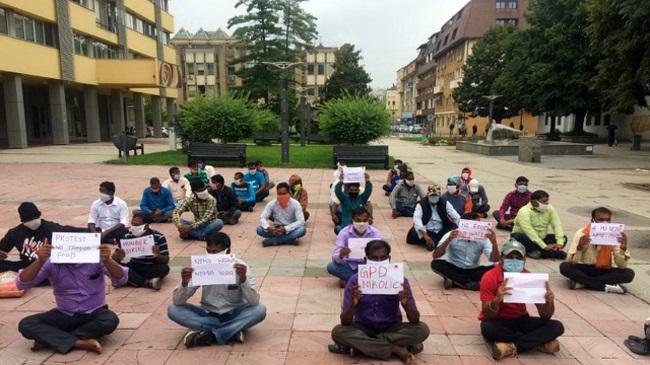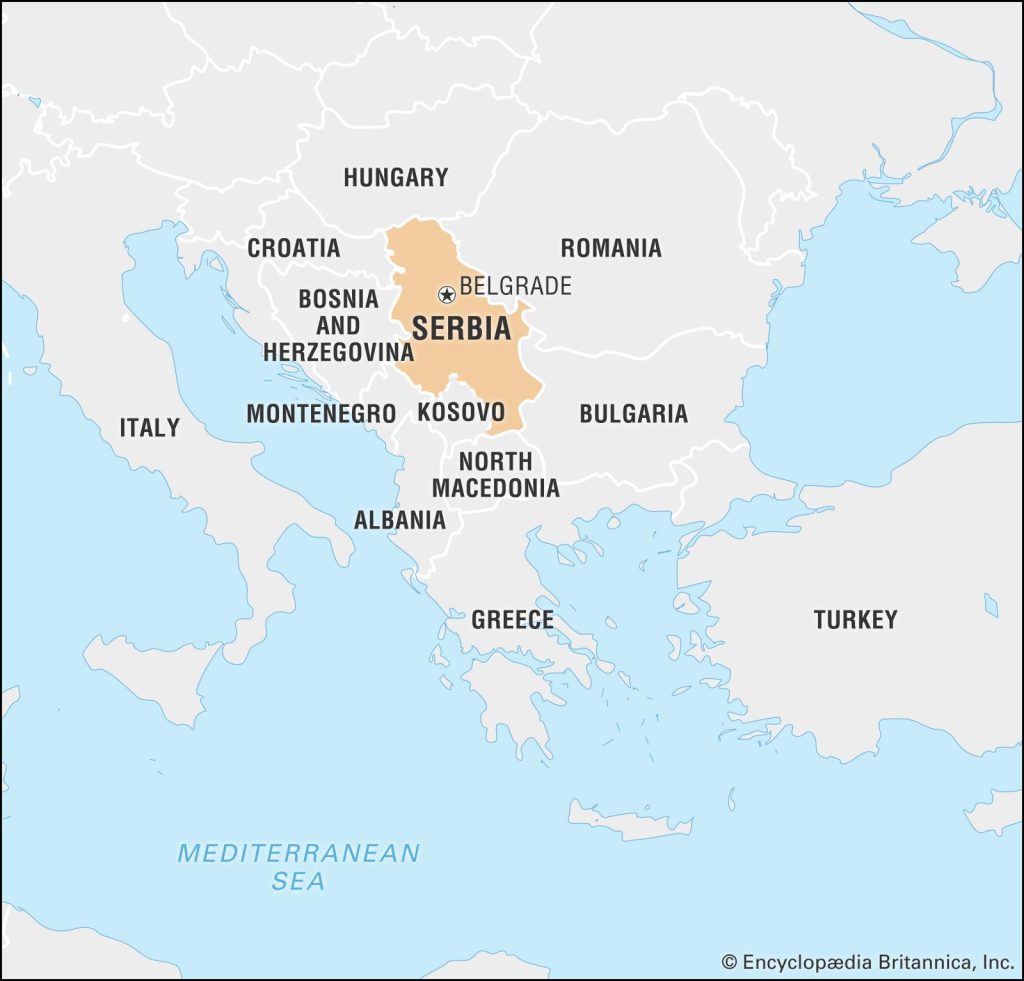
As young people increasingly choose to emigrate in search of better opportunities, Serbia started facing labor shortages. Many entrepreneurs operating in the Balkan nation still refuse to pay relatively decent salaries, hoping that they will manage to hire foreign workers, mainly from Southeast Asia.
By Nikola Mikovic
Officially, the unemployment rate in the Southeastern European country is around 12 percent, which is higher than in the European Union but lower than in other Balkan nations that are out of the EU.
In reality, the figure could be even lower given that a number of people work in the shadow economy. For instance, in 2017 around 22 percent of the nation’s labor worked in unregistered companies, without job contracts.
Aware that they can get away with violating labor rights, some entrepreneurs started exploiting foreign labor as well. Indeed, foreign labor markets are seen as an ideal source of cheap and completely unprotected labor.
Construction workers
Over the past two years a group of construction workers from India has been struggling to get their salaries which ranged from around Є320 to Є500. They reportedly worked 10-12 hours a day, six days a week on average, which is the same condition that many Serbian workers have been facing for years.
That is why the country is witnessing the exodus of Serbs looking to find work abroad. Although many of them, primarily healthcare workers, choose to move to Germany, a number of Serbs found jobs in Slovakia, while neighboring Hungary in 2017 eased rules that allow agencies to bring in temporary workers from Serbia and Ukraine. As a result, 90 percent of Serbian entrepreneurs said in 2019 the shortage of skilled workers is the biggest challenge their companies face.

Serbia already started hiring foreign labor, primarily in the field of construction, although some reports suggest that the country is facing a labor shortage in all sectors. The Balkan nation lacks anything from drivers, personal sports trainers, chefs, waiters, to engineers.
In transportation, for instance, there is a shortage of drivers, since many of them have moved aboard where they were given much higher salaries than what Serbian employers can offer. The country’s IT sector lacks developers and designers, while the construction industry lack engineers and qualified masons.
A significant number of builders has moved to countries such as Norway and Sweden, while workers from Albania and North Macedonia reportedly come to Serbia to work for a daily wage of Є25. It is estimated that Serbian construction companies are lacking about 60,000 workers.
Hotels and restaurants, on the other hand, are short of about 15,000 workers, and some employers say that they will be forced to “import” them from Bangladesh. Hospitality industry employers in neighboring Romania reportedly already hire labor from Sri Lanka and Nepal, but it is rather questionable if workers from Southeast Asia would benefit from working in Serbia where the median net salary is around $500 and most products cost more than in Germany.
Pensioners
As a result some supermarket chains, unable to find qualified labor, started hiring pensioners. In the long term, however, such a policy does not seem sustainable, even though that is something that the International Monetary Fund – that is de facto running the country’s macroeconomic policy – strongly recommends.
According to union leaders in Serbia, the IMF sees a solution to the lack of labor in raising the retirement age. They accuse the international financial institution of neglecting the social aspect of the problem, and focusing only on the financial side, namely the state of the country’s budget.
What labor unions suggest, instead, is government taking measures to increase the salaries of employees, especially in the public sector where there is a large outflow of labor.
In private sector, on the other hand, taxation rate for employers is very high, which is why some entrepreneurs rather choose to do business in the shadow economy.
However, from the workers’ perspective, for business owners fortune is a top priority, which is why they refuse to pay decent wages to their employees. Workers hope that the shortage of labor will bring at least one positive change – Serbia will no longer be able to build its competitiveness in attracting investment on cheap labor.
Nikola Mikovic is a Serbian journalist and a senior Geopolitical Analyst he publishes often for The Levant News.






